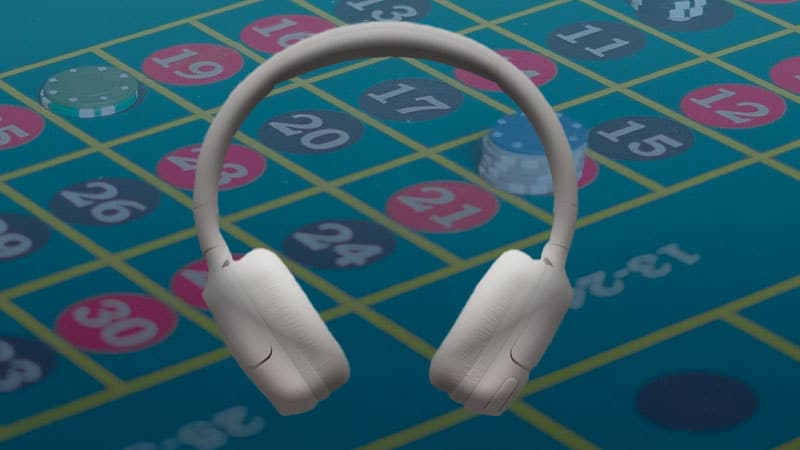Music has a powerful emotional impact on people. After all, every week, human beings clock in at around 32 hours of listening to music, according to a study by Nielsen Music.
Every culture on Earth has unique musical instruments, ranging from drums to nose flutes. It’s one of the few things that still unites the human race as a species culturally.
Given the universal significance of music in our daily lives, it is puzzling that it has yet to be more widely included in formal education systems worldwide. Several institutions and regions have curtailed the use of music as a teaching aid. Some have even blocked access to YouTube despite the platform being a valuable educational resource and a potential alternative resource for students who need to find a reliable paper writing service and go through to type an essay for me online.
Listening to music in the wrong contexts (such as having one earbud while attempting to pay attention in class) is undeniably disruptive to education. However, more evidence suggests that including music while in college can boost academic outcomes. When used appropriately, music has been shown to improve college students’ ability to learn and retain information.
Music is a versatile tool that can enhance students’ learning experiences in any subject area. Here are some profound benefits college students can gain from listening to music passively.
1. Enhanced memory recall
There is a strong neural connection between listening to music and recalling past experiences. When you hear your favorite music from when you were a kid playing on the radio, it takes you back to that time and place. There’s a good explanation for why you can recall every word of a song but can’t remember what you ate earlier today. The synapses that link music to memory are solid and long-lasting.
According to a study conducted at Johns Hopkins University, playing music in the classroom led to greater retention of the studied material. Music has a powerful effect on the mind, body, and emotions, whether it’s an upbeat song with lyrics about an invention or a sad song about World War I. The use of content-based learning songs has also been found to aid college students who work with professional writers in methodically organizing their knowledge. Additionally, routine is a major attraction for the human brain.
2. Reduced anxiety
Fear can be a formidable barrier between students and their course materials. So, how do college students cope? Imagine for a moment that you were given a free, relaxing massage every time you sat down to study throughout your time in college. Your stress and anxiety levels would decrease as you read over your notes. While this may be out of reach for the regular college student, students can easily access the next best thing.
If you suffer from anxiety, you should try plugging your ears before visiting the library. You’re more likely to be relaxed and better prepared to take on each new chapter.
According to research conducted at Cambridge University, hip-hop positively influences listeners and can aid in the acceptance, management, and resolution of mental health challenges. You can give your mind a boost by listening to your preferred style of rap; there are plenty to choose from.
3. Improved mood
One of the primary benefits of music for college students is the positive emotional response it elicits in listeners. Everyone can agree that a good dose of their preferred artists and songs is guaranteed to put a grin on their faces.
Having a mental pick-me-up as you study is a fantastic sensation. You’ll find the process more enjoyable when you’re in a good mood and take it easy on yourself as you study. You’ll also be more prepared mentally and emotionally for the ultimate goal, such as writing an essay with the help of the Assignment Help Philadelphia or preparing for a test.
4. Facilitated language development
Because music is intrinsically tied to our everyday speech and discourse, studying it in school can greatly benefit students’ linguistic development. You’ll be able to understand the intimate relationship between music, education, and languages since the same area of your brain that supports speech and learning also supports music.
According to the research, a more extensive vocabulary and better reading comprehension are two outcomes of musical training.
5. It helps you to detach
You can easily disconnect from everyday life and lose yourself in the worlds of your favorite bands and musical styles. Even though it seems counterproductive to learning, there are actually several upsides to this. Lo-fi music, in particular, has been shown to induce trance-like states and contemplative reactions, making it ideal for kicking off an hour of focused study. In these settings, time will seem to fly by, and you’ll finish more tasks than you anticipated.
Key takeaway
Music is a fantastic study aid that has many advantages. Finding the right music to play in the background as you work on your homework will impact your attitude positively. Listening to music you enjoy is fine, but you don’t pick songs and albums that are too distracting.






